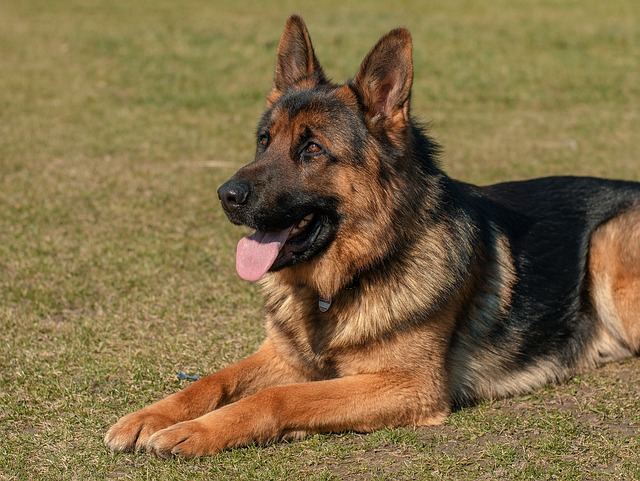
Are Belgian Malinois harder to train than German Shepherds?
Many new dog owners find themselves torn between Belgian Malinois and German Shepherds, wondering if one is truly trickier to train.
Finding little surprises on your living room rug isn’t just frustrating—it can also run afoul of local pet laws in many areas, where failing to control your dog’s waste might lead to fines. Start by sticking to a strict schedule: take your pup out first thing in the morning, right after meals, and before bed, since consistency helps them learn when it’s time to go. Bring treats along to reward them immediately when they do their business outside; positive reinforcement works better than scolding if they slip up.
Pay attention to their body language—sniffing the floor, circling, or pacing are all signs they need to head out. If you catch them in the act indoors, calmly guide them to the door instead of yelling; dogs don’t connect punishment with a past action, so scolding will only confuse them. Also, make sure their outdoor spot is easily accessible—if you live in an apartment, keep a leash by the door so you can react fast, and check if your building has rules about pet waste disposal to stay compliant.
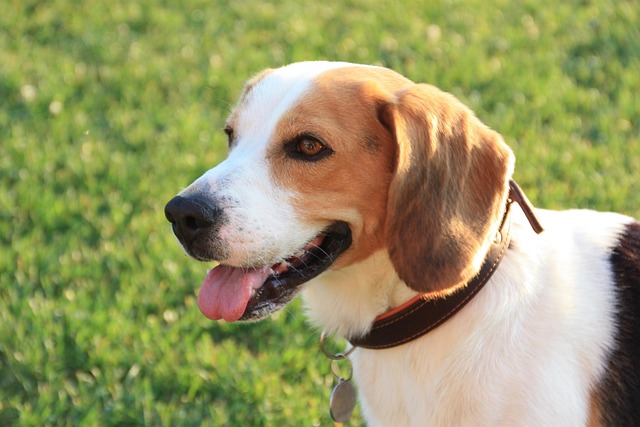 Clean up indoor accidents thoroughly with an enzyme-based cleaner, not regular soap. Soap can leave a scent that encourages them to go in the same spot again, while enzyme cleaners break down the odor completely. Avoid using ammonia-based products too—they smell like urine to dogs, which might make the problem worse. This step isn’t just about keeping your home clean; it’s also key to breaking the cycle of repeat accidents.
Clean up indoor accidents thoroughly with an enzyme-based cleaner, not regular soap. Soap can leave a scent that encourages them to go in the same spot again, while enzyme cleaners break down the odor completely. Avoid using ammonia-based products too—they smell like urine to dogs, which might make the problem worse. This step isn’t just about keeping your home clean; it’s also key to breaking the cycle of repeat accidents.
Remember, some dogs have accidents due to anxiety or health issues, not just lack of training. If you’ve stuck to the schedule and cleaned properly but the problem continues, a vet visit can rule out issues like urinary tract infections. In places like the UK, it’s illegal to let your dog foul public areas without cleaning it up, and in parts of the US, cities have leash laws that also apply to potty breaks—staying on top of training keeps you both legal and happy.
With patience and consistency, most dogs learn to go outside within a few weeks. Don’t get discouraged if there are setbacks; even adult dogs can adjust to a new routine. By combining a steady schedule, positive rewards, and proper cleaning, you’ll help your dog understand where it’s okay to go—keeping your home clean and staying on the right side of local pet laws in the process.

Many new dog owners find themselves torn between Belgian Malinois and German Shepherds, wondering if one is truly trickier to train.
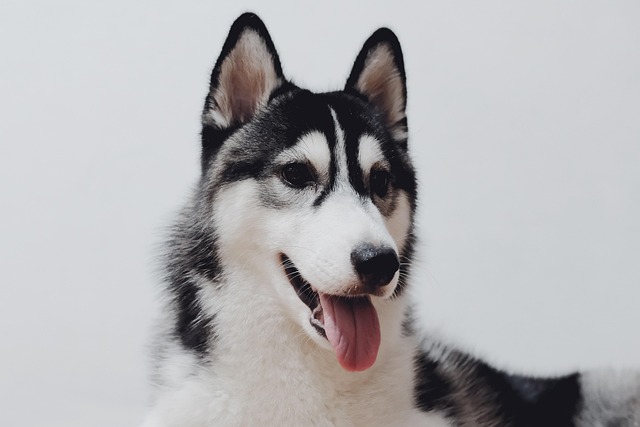
If you’ve got a 2-year-old Husky bouncing around your home, you might’ve noticed their boundless energy makes potty training feel like a moving target.
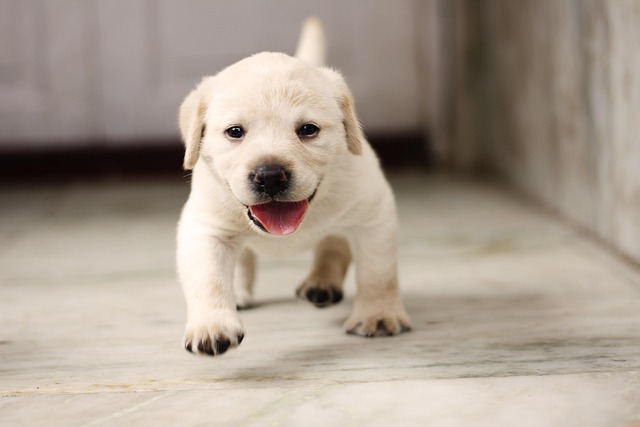
You’ve just brought home your fluffy Labrador Retriever puppy—excited to play, but already noticing they chew your shoes or have accidents on the rug.
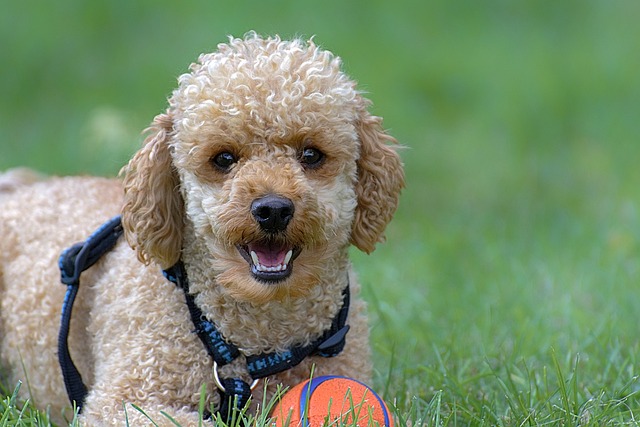
Trying to pick the best cooling mat for your dog’s outdoor adventures—whether it’s a trip to the park, lounging on your apartment balcony, or a day at the beach
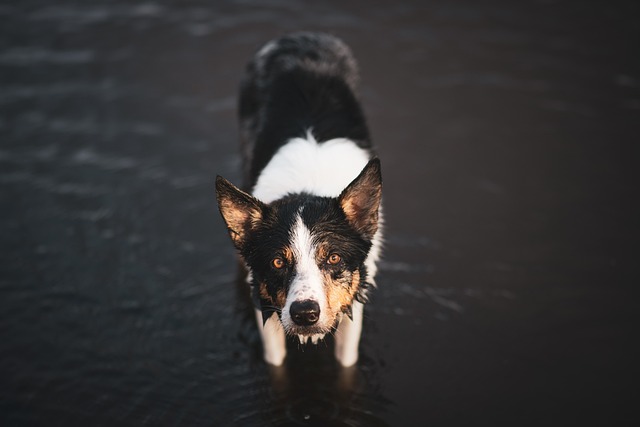
Bringing home a German Shepherd and hoping to train them as a reliable guard dog is exciting, but it starts with understanding their unique needs—this breed is smart, loyal, and thrives on structure, not just commands.
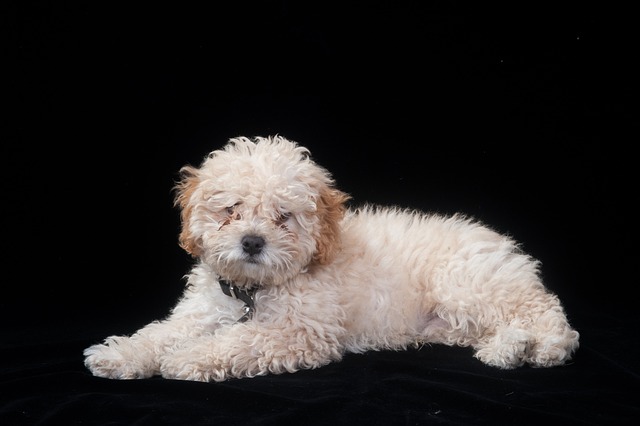
The notion that you can’t teach an old dog new tricks is one of the most persistent and inaccurate myths in the dog world.